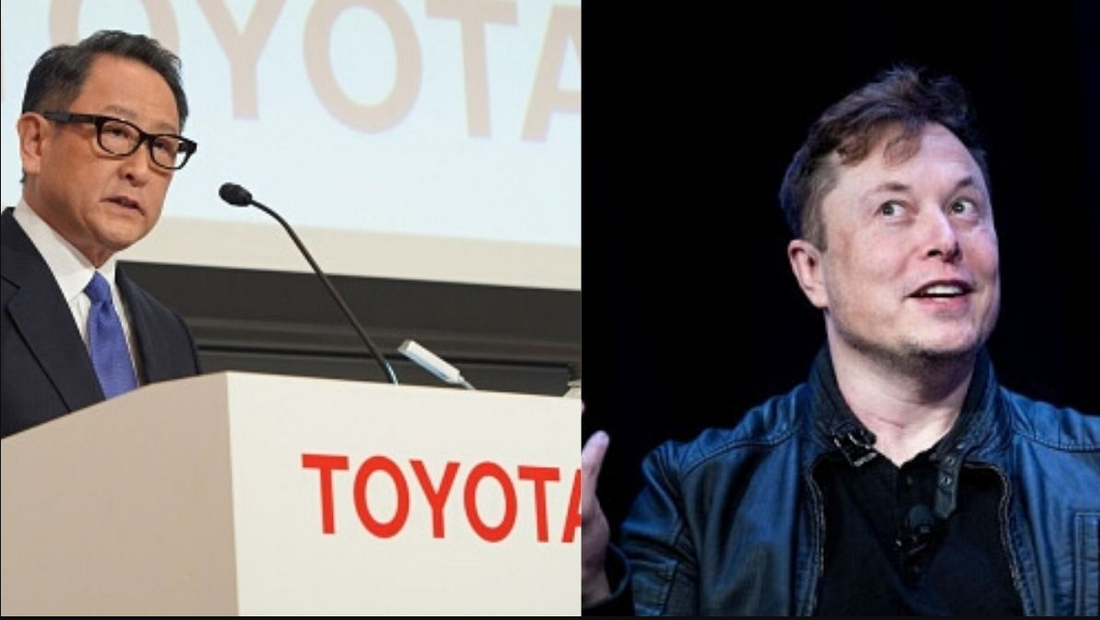
Tesla and Toyota Are Considering Jointly Developing a Small Electric SUV Platform
Share
In recent developments within the automotive industry, rumors have surfaced suggesting that two of the world’s leading automobile manufacturers, Tesla and Toyota, are in preliminary discussions about collaborating on the development of a small electric SUV platform. This potential partnership signals a significant shift in the global electric vehicle (EV) market, as it combines Tesla's advanced electric technology with Toyota's extensive manufacturing experience and strong brand presence.
Background on Tesla and Toyota
Tesla, known for its pioneering work in electric vehicles, has been at the forefront of innovation in the EV sector, pushing boundaries with its Autopilot and Full Self-Driving capabilities. On the other hand, Toyota has long been recognized for its hybrid technologies and robust vehicle lineup, including popular models like the RAV4 and Highlander.
Potential Benefits of the Partnership
If this partnership materializes, both companies stand to gain significantly:
1. Cost Efficiency**: By sharing the development costs and utilizing economies of scale, both companies can reduce the per-unit cost of production.
2. Technological Advancements**: Tesla's cutting-edge battery and drivetrain technologies combined with Toyota's expertise in mass production could lead to highly efficient and reliable small electric SUVs.
3. Market Expansion**: A joint venture could help each company expand its reach into markets where the other has a stronger presence, thereby accelerating the adoption of electric vehicles globally.
Challenges and Considerations
Despite the potential benefits, there are several challenges that the companies would need to address:
1. Brand Identity: Maintaining distinct brand identities while collaborating on a product could be challenging. Each company has its own unique selling propositions, and ensuring these align well in a shared platform could be tricky.
2. Intellectual Property: The protection and management of intellectual property (IP) will be critical. Ensuring that both companies' proprietary technologies are safeguarded while also facilitating necessary collaboration is a delicate balance.
3. Operational Coordination: Coordinating operations across different regions and facilities requires meticulous planning and execution to ensure seamless integration and efficiency.
Industry Implications
If successful, this collaboration could set a new standard for future automotive partnerships, potentially inspiring similar alliances between other automakers. It could accelerate the transition to electric vehicles by driving down costs and increasing availability, benefiting consumers and the environment alike.
Conclusion
While the details of this potential partnership remain speculative, the prospect of Tesla and Toyota working together on a small electric SUV platform is undeniably exciting. It highlights the evolving nature of the automotive industry, where traditional boundaries are increasingly being blurred in the pursuit of technological advancement and sustainability.
As more information becomes available, it will be interesting to see how this partnership evolves and what impact it will have on the future of electric vehicles.
